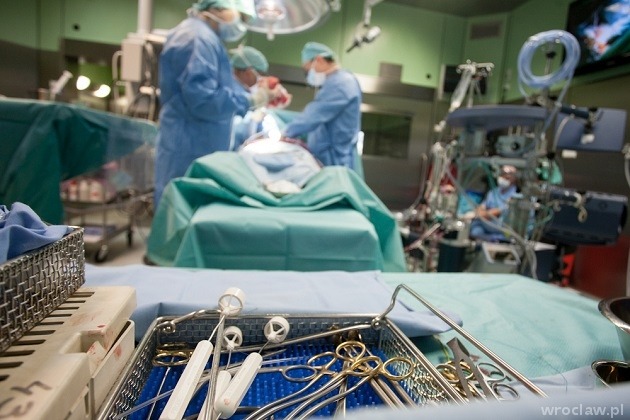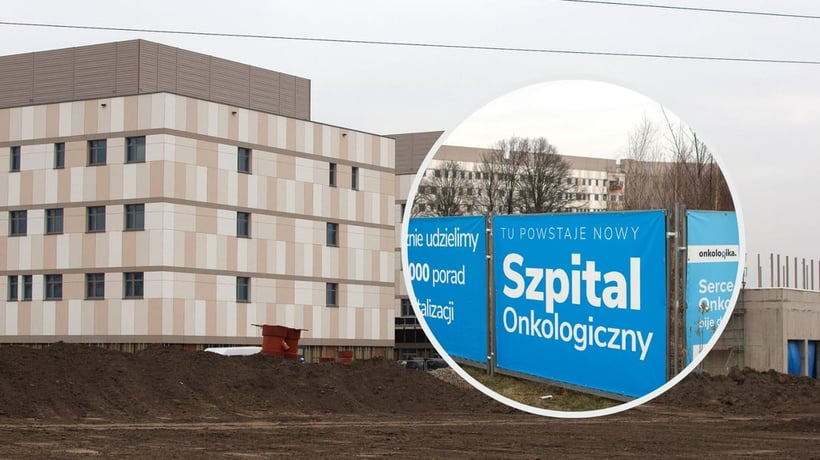"We have just received a permit from the Ministry of Health to perform hand transplantation with organs obtained from deceased donors," confirms Bogusław Beck, Deputy Director for Medical Affairs at Wroclaw University Hospital. "This means we are turning a new leaf in the history of Wroclaw's transplant surgery.
Rarely performed
Kidneys and liver
Wroclaw University Hospital is the leading centre in Lower Silesia for kidney transplants, and it also runs an active programme for kidney transplantation from living donors. In 2014, 52 transplants were made (with only 3 transplants obtained from living donors). The hospital also provides liver transplantation. 5 liver transplants were completed last year, and 4 such surgeries have been performed this year. The Ministry of Health is now preparing an amendment to facilitate patients who are waiting for a transplant: it is going to be the transplant that travels to the patient and not the other way round. The Ministry has also revealed the latest statistics. Last year, a total of 1156 kidneys, including 52 kidneys at the hospital in ul. Borowska, were transplanted in Poland.
Donors are rare
Unfortunately, the number of transplants has stagnated over the last few years. This is particularly striking with living organ donors for family transplantations. "50% of the kidneys transplanted in the US come from living donors, in Poland this is only 4%," confirms Dorota Kamińska, PhD, from the Nephrology and Transplantation Medicine Clinic at Wroclaw University Hospital. She also adds that it is necessary to raise the awareness of family transplantation among patients and their families.
In order to raise the awareness, transplantation surgeons run educational campaigns at schools and dialysis centres. As many as 1.6 thousand people receive dialysis in Lower Silesia. "One kidney is just what you need to survive, your life will not be any shorter and it won't suffer in quality. Many years of research in the US goes to prove this," says Professor Romuald Zdrojowy, Head of the Urological Oncology Clinic at Wroclaw University Hospital.
The doctors also assure that kidneys are obtained from living donors with a minimally invasive method called laparoscopy, and the patients are spared suffering and released from hospital after two or three days, on which they can immediately return to their activities. The donor, just like the recipient, is provided with 10 years of mandatory health care. and supervision They argue that each person can be a donor and give this most precious of gifts to other people. Both in life and after death.





